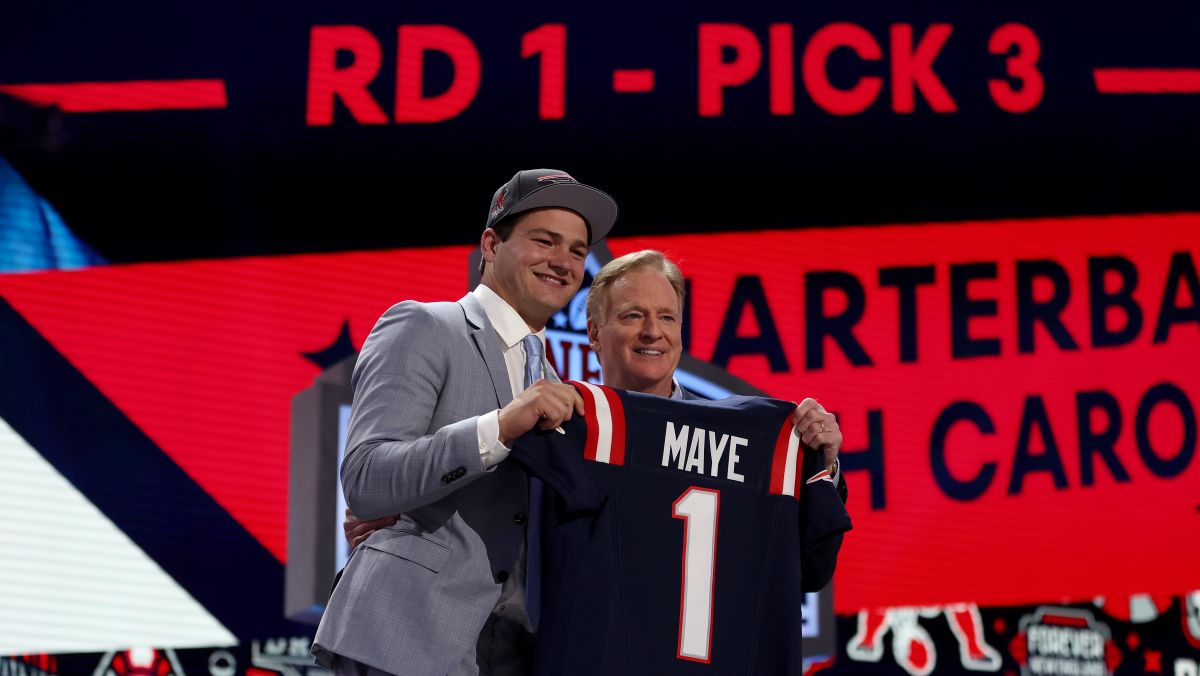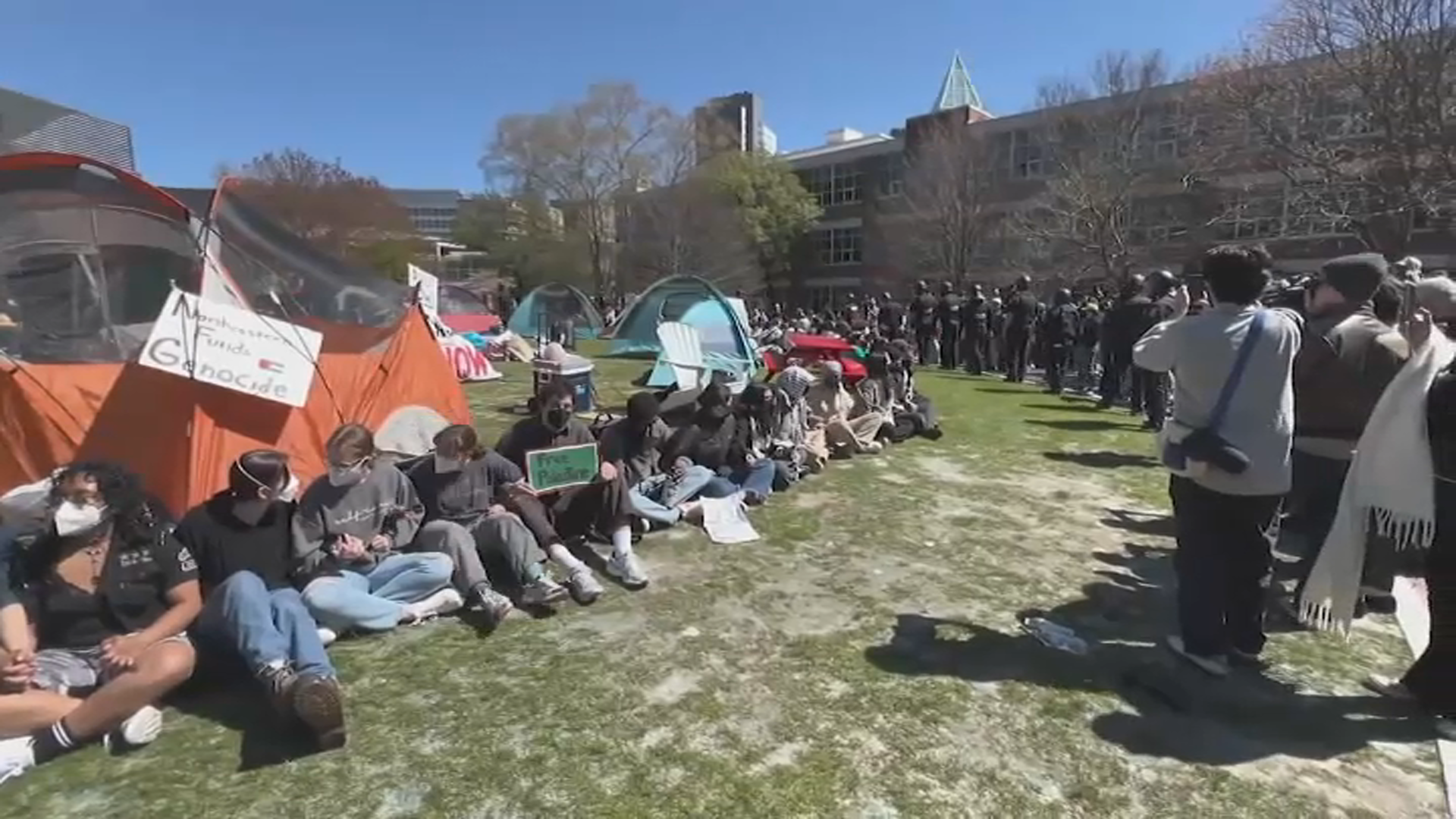Transportation officials on Thursday released a report that details the state’s traffic issues, providing details on problem areas including the most congested roads in the Bay State.
The state has reached a "tipping point" when it comes to traffic problems — and things are only getting worse, the Massachusetts Department of Transportation said in its 2019 report to the governor.
The findings were the result of a year-long study aimed at fixing issues that cause traffic.
Transportation officials say the reason for the increase in traffic is because the economy is so good.
"Congestion is bad because the economy is good," Transportation Secretary Stephanie Pollack said.
Here are the five most severe occurrences of traffic congestion in the state, by time and location, according to MassDot:
I-93 southbound (7 a.m.)
This interstate is busiest at 7 a.m. when commuters are traveling from the Mystic Valley Parkway to the Fellsway in Medford. The average time to travel this 2.8-mile stretch takes about 10 minutes during peak rush hour.
Massachusetts
The latest news from around the state
Route 2 eastbound (8 a.m.)
MassDOT said it takes nearly seven minutes to travel these 1.3 miles as you approach Alewife at 8 a.m. Free-flow travel of that section takes under two minutes during off-hours.
Southeast Expressway northbound (7 a.m.)
Commuters traveling from the Braintree split to Neponset Circle spend nearly 16 minutes behind the wheel during this route at 7 a.m. Traveling that 4.2 miles of road takes just more than four minutes in free-flowing traffic.
Route 2 eastbound (7 a.m.)
Those taking this route to Alewife at 7 a.m. experience one of the most difficult commutes in Massachusetts. It takes nearly 7 minutes to travel this stretch during the morning commute compared to less than two minutes during non-peak hours.
I-93 southbound (8 a.m.)
The Mystic Valley Parkway to the Fellsway in Medford is a 9.8-minute commute at 8 a.m.
Drivers said nightmare traffic is nothing new to them.
"It's about 40 minutes to go approximately 10 miles, and that's at 6 a.m. Any time after noon or 12:30 it's horrible," commuter Debbie Mostone said.
"It typically takes — to go 23 miles — between 50 and 60 minutes, and that's using Waze," added commuter Ken Cataldo.
Transportation has been a hot topic in the Bay State. Gov. Charlie Baker recently met with neighboring governors Ned Lamont of Connecticut and Gina Raimondo of Rhode Island to discuss transportation woes in their respective states.
In the 186-page report, MassDot reccomended replacing old signals in cities and towns, building more housing closer to places where people work and continued investment in the MBTA and public transportation.
Baker also wants the state to look at managed lane pricing, instead of the better know practice of congestion pricing, the report said.
In this case, people would pay tolls to be in lanes that are less congested in a bid to free up traffic across all lanes.
"Drivers have a choice to commute in a faster lane for a cost. Drivers who remain in the untolled lane will as also experience a lighter volume from those who peel off for the faster lane," Baker said.
The Greater Boston Chamber of Commerce released a statement in wake of Thursday's report agreeing with its findings.
"MassDOT's Congestion Report is confirmation of what we already know to be true about traffic congestion in and around Boston – it's bad. The report also reinforces the need to address our public transit issues with more urgency. The Chamber appreciates that MassDOT utilized data to pair the problem with a discussion about solutions, and a timeline for tackling them."



